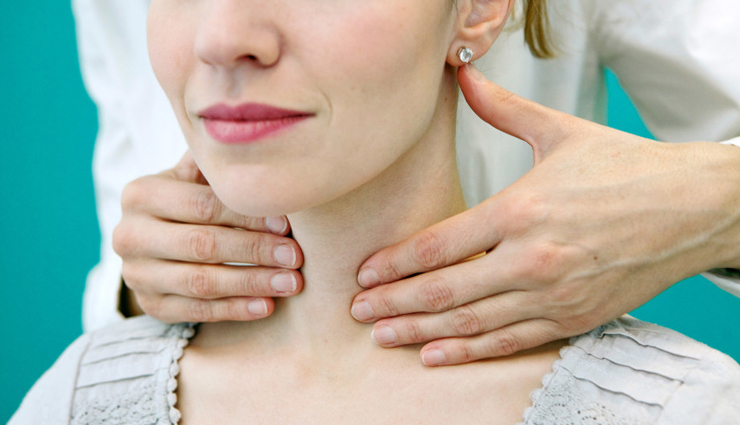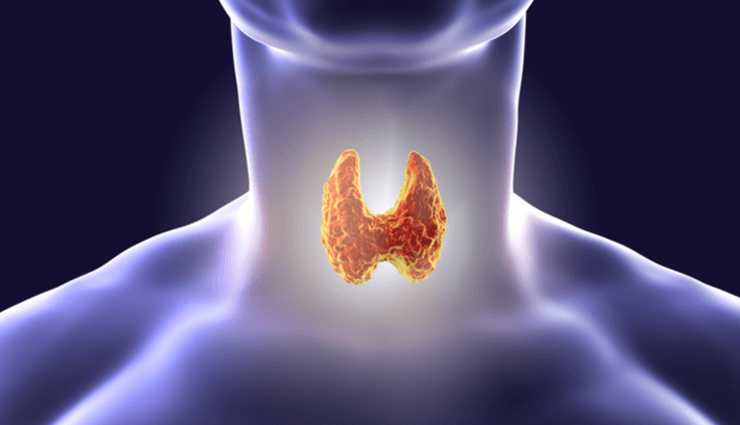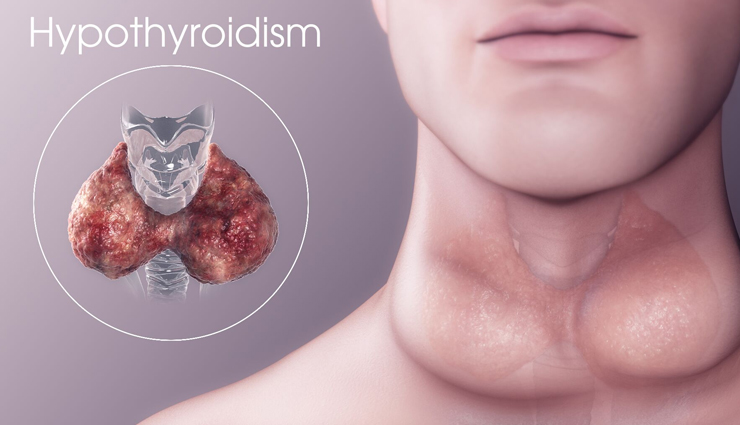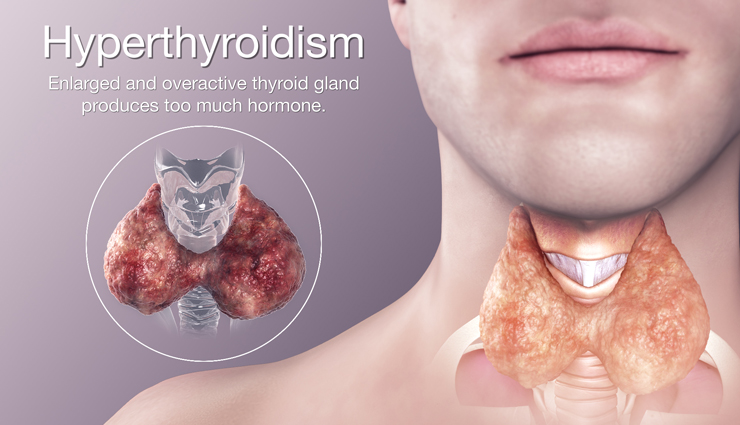- Home›
- Healthy Living›
- World Thyroid Day- 2 Main Conditions Related To The Functioning Of Thyroid Gland
World Thyroid Day- 2 Main Conditions Related To The Functioning Of Thyroid Gland
By: Kratika Maheshwari Wed, 25 May 2022 1:41:48

World Thyroid Day takes place on 25th May each year. World Thyroid Day aims at increasing public awareness of thyroid deceases, namely the importance of their timely diagnosis, treatment and prevention.
Thyroid disorders are very common worldwide, they affect people of all ages and have a large range of symptoms.
The most common thyroid disorders include hyperthyroidism (abnormally increased thyroid activity), hypothyroidism (abnormally decreased thyroid activity), thyroiditis (inflammation of the thyroid gland) and thyroid cancer and are often caused by iodine deficiency.

Your thyroid is a butterfly-shaped gland that sits at the front of your neck in between your larynx and trachea. It is a critical part of your anatomy. When a thyroid is healthy and works properly, it is quite a magnificent worker for your body.
“Your thyroid produces hormones that are important for the development of your brain when you’re an infant and are responsible for your metabolic activity as an adult,” said Rashi Agarwal, MD, an endocrinologist with Banner Health. “Your thyroid affects virtually every organ system in your body.”
There are conditions that can keep your thyroid from doing what it’s made to do.

# Hypothyroidism
When your thyroid doesn’t produce enough hormones, it’s called hypothyroidism. According to the U.S. Department of Health and Human Services, hypothyroidism in women is more common than men.
How do you know if you have hypothyroidism? Hypothyroidism symptoms include fatigue, an intolerance to cold temperatures, weight gain or inability to lose weight, constipation, decreased heart rate and coarse hair and skin.
Hypothyroidism should be treated with replacement thyroid hormones, which are available in the form of oral medications. In severe cases of hypothyroidism, or if you’re unable to tolerate or take oral medications, an IV form is also available.
While on medication, regular blood tests should be performed to make sure you’re maintaining appropriate thyroid hormone levels. “There can be adverse effects of over-replacing the hormones that can lead to cardiac arrhythmias, such as atrial fibrillation, and worsening bone health, especially if you are postmenopausal.

# Hyperthyroidism
The reverse condition Hyperthyroidism, is when your thyroid over functions and produces more hormones than it should. Like with hypothyroidism, hyperthyroidism is also more common in women.
Hyperthyroidism can cause you to feel fatigued, lose weight or sometimes gain if you have an increased appetite, be intolerant to heat, have an increased heart rate with palpitations, cardiac arrhythmias, tremors, diarrhea, increased sweating and thinning of hair.
Hyperthyroidism treatment can also be done through oral medications or radioactive iodine destruction of the thyroid gland or surgery. Your treatment options depend on the severity and cause of your hyperthyroidism. As is the case with hypothyroidism, medications used to treat hyperthyroidism have side effects so you should be closely monitored.
In addition to hypothyroidism and hyperthyroidism, you may also experience goiter (enlargement of the thyroid), thyroid nodules (lumps in the thyroid gland) or thyroid cancer.





